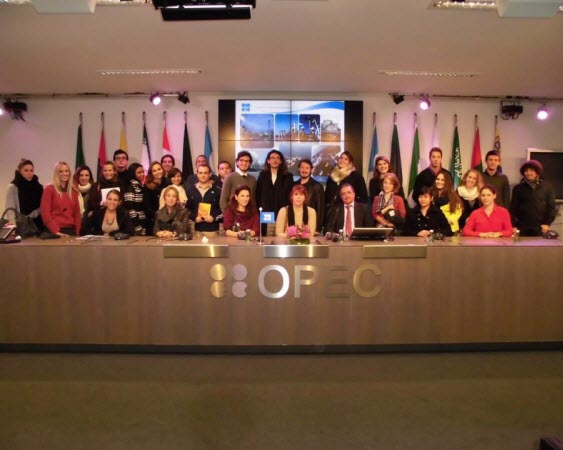There are no products in your shopping cart.
| 0 Items | £0.00 |


NIGERIA'S fiscal situation got more precarious today after the global economic collapse brought about by the coronavirus pandemic depressed crude oil prices to just above $20 a barrel on international markets.
As a result of the spread of the virus, Chinese output has been severely affected, which in turn has had a domino effect on global industrial production. With supply far outstripping demand, this has led to a collapse in crude oil prices, as demand has plummeted, severely depressing the price of Brent Crude, a grade identical to Nigeria's Light Bonny Crude.
Nigeria's 2020 budget is predicated on the country selling 2.18m barrels of crude oil at a benchmark price of $57 a barrel and with this not feasible, government expenditure is under threat. To break even, Nigeria's federal government needs to generate N2.64tn from oil revenue, representing 32.34% of expected total revenue for this year, with the non-oil revenue projection being N1.80tn.
Yesterday, global Brent Crude prices dropped to about $20 a barrel and on top of this, there are very few purchases taking place, leading to Nigeria's oil stocks piling up at her export terminals. This is despite the fact that the Organisation of Petroleum Exporting Countries (Opec) agreed to reduce daily output by 10m barrels.
Additional cuts from other non-Opec countries led by Russia could take the reductions up close to 20m barrels a day but so far, this has had little impact on the market. Crude oil prices have shown little life despite the historic reduction deal being announced, highlighting the magnitude of the massive drop in global demand.
Analysts Goldman Sachs said the cut was too little and too late for the oil market, while JBC Energy said it was just plaster on an open wound. Goldman estimates that even with full compliance of the Opec cuts, another 4.1m barrels a day of shut-ins are likely by May.
Opec and its partners agreed to a two-year deal in an attempt to inspire confidence about market stability but many analysts have questioned the solidity of that commitment. It is feared that the deal may fall apart as soon as demand picks up in the post-coronavirus period.
Bjarne Schieldrop, the chief commodities analyst at SEB, said: “The current deal has been forged under duress and is much more likely to fall apart over time. Saudi Arabia’s economic need for a production volume of 12m to 13m barrels a day in a $50 a barrel world and Russia’s strong distaste for production cuts as a means for achieving higher prices, are fundamentals which the current deal cannot circumvent."
Prince Abdulaziz bin Salman, Saudi Arabia's energy minister, added: “Flexibility and pragmatism will enable us to continue to do more if we have to. We have to watch what’s happening with demand destruction or demand improvement, depending on how things evolve.”
With Nigeria now facing the prospect of not selling more than 1.5m barrels a day at a cost of $20 a barrel, about a third of original projections, the country's economic outlook is dire. Already, the government has revised its budget projections downwards twice and may need to do so again.